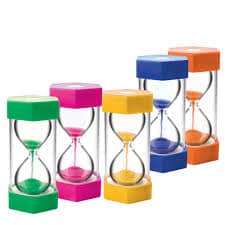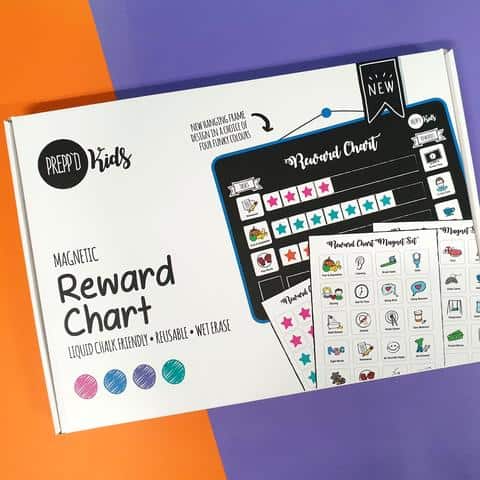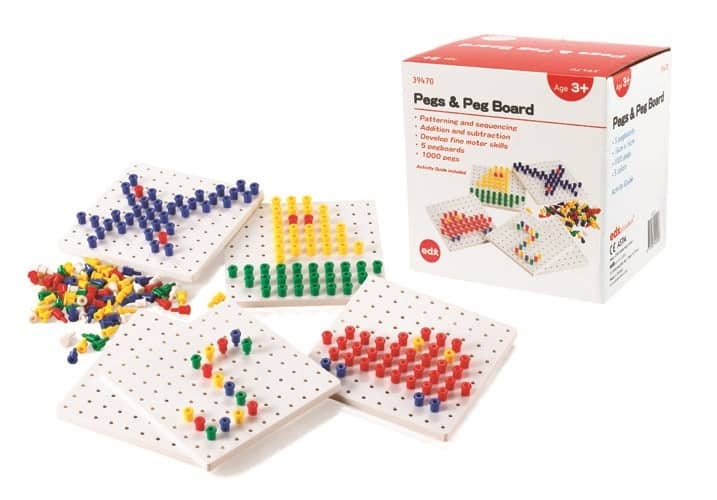Sister Sensory is passionate about providing an exceptional range of sensory fidget toys for neurodiverse children. We thought it might be helpful to give a list of strategies to help manage the fidgeting commonly displayed by children with ADHD, anxiety, and other neuro-diversities. You might find this list particularly helpful in a classroom setting.
Working with children with autism is often challenging but rewarding. Teachers, teachers’ aids, and parents who work with children with autism need a toolbox of strategies to help make their lives easier and allow them to experience growth and success.
Here are Sister Sensory’s top ten strategies for managing fidgeting.
1. Tackle Time Management

Children with autism often have difficulty managing their time, often failing to understand how long it can take to complete an activity. A sand timer or a clock is a great tool to help teachers communicate timing for specific activities.
2. Set Realistic Expectations
All children thrive with boundaries; they seem to love rules and clear expectations. Many children with autism find comfort in structure and consistency. Setting clear, realistic expectations means considering the whole child and creating personalised goals, procedures, and rules, based upon each student’s needs.
3. Reinforce Positive Behaviours

Once you have defined your expectations, make sure you recognise and reward positive behaviour. You can do this through visual aid or by praising them verbally. Positive reinforcement is an excellent and straightforward way to modify behaviour.
4. Encourage decision making
Giving children the ability to make simple choices makes them feel included and empowered. We suggest you give limited, specific decisions to make, as children with autism can be overwhelmed by too many options. If a child has language difficulties, visual aids can be helpful.
5. Use Visuals Aids
Many children with autism find visual reminders, prompts, and social stories helpful. Pictures, flip charts, posters, and cards can help students focus and stay on task.
6. Teach Coping Skills and Calming Strategies

Children with autism can often seem anxious, fidget, or become overwhelmed and lose control. Providing physical and emotional sensory tools to help calm the body and mind is essential during stress or sensory overload.
7. Practice Transitions
Practice transitioning from activities and locations with children with autism to prepare them and help them cope with frequent changes. Set expectations, then run through transitions several times to help the children familiarise themselves with the steps involved.
8. Be Consistent Each Day
Children with autism love patterns and a reliable schedule – consistency is critical. A visual plan can help them be more independent and help lessen anxiety and worry.
9. Encourage Self-Monitoring
Learning self-monitoring is an essential skill for children with autism. Using visual aids and social stories to explore and recognise emotions can help.
10. Consider Sensory Needs
Create a management plan outlining each students’ sensory needs and ensure you have the right sensory tools for autism in your classroom.
Why choose Sister Sensory for your sensory fidget toys in Australia?
Sister Sensory is Australia’s number one choice for sensory toys and tools for those with anxiety, ADHD, and other neuro-diversities. We understand children with autism and different needs require a unique range of interactive options and are proud of our extensive product catalogue.
As a registered NDIS provider, we stock various Australian autism sensory tools for those coping with ADHD and anxiety. Our products are updated regularly to make sure your neurodiverse kids experience the latest and greatest products.
Visit our fully online one-stop sensory shop. Don’t let lockdowns stop you from finding the fidget toys you need. Contact us today for more information or create the ultimate birthday gift registry for the amazing neurodiverse people in your life.








